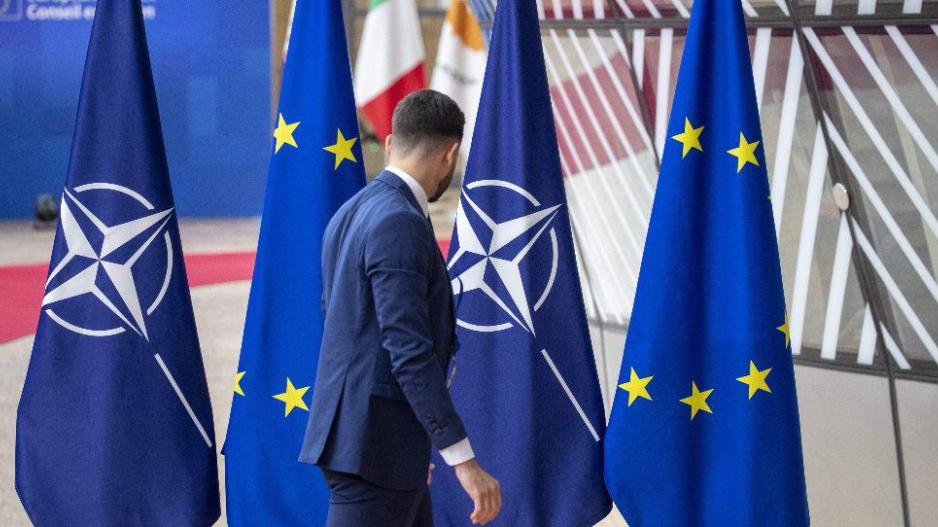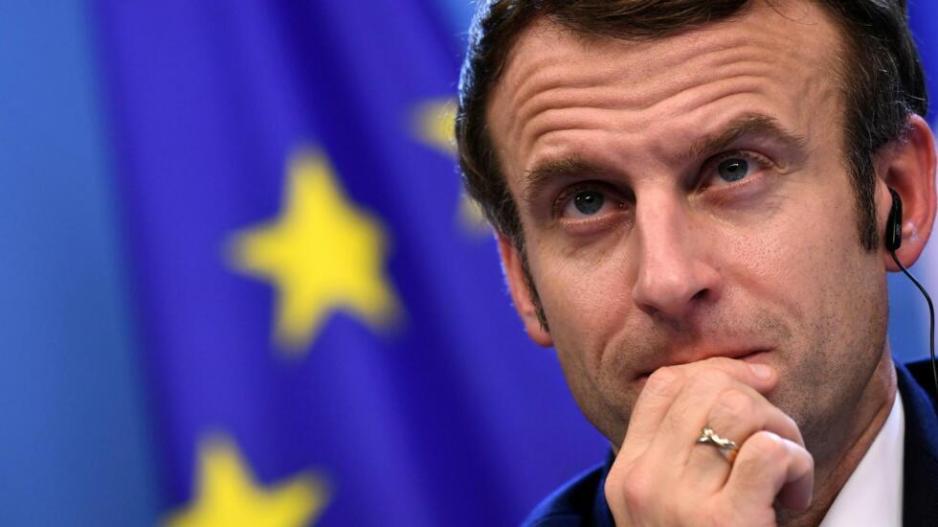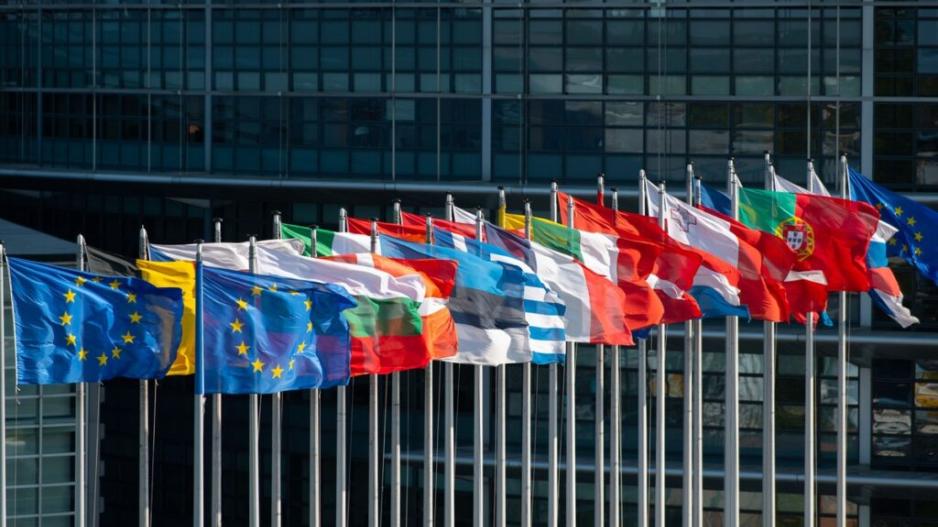EU to Announce Massive Defense Boost Package After German Elections
Trump’s return to the White House has significantly altered the transatlantic relationship.
European officials are working on a major new defense spending package to boost military capabilities and support Kyiv, as U.S. President Donald Trump pressures for a swift end to the war in Ukraine.
The massive spending plans will not be publicly announced until after Germany’s federal elections on February 23, in order to avoid political controversy before the vote, according to officials briefed on the plans who spoke to Bloomberg.
These discussions come as European leaders gather in Paris on Monday to begin formulating their response, following clear warnings from U.S. officials that there are limits to how much the United States is willing to do for Europe’s security.
For nearly 80 years, European nations have relied heavily on the U.S. for military protection. However, Trump’s return to the White House has significantly altered the transatlantic relationship. American officials have made it clear that the new administration is prepared to let European nations face the consequences if they fail to take responsibility for their own security.

The situation is becoming increasingly urgent as Trump accelerates efforts to end the war in Ukraine. European officials fear that Ukrainian President Volodymyr Zelensky could be forced into a disadvantageous peace deal unless Europe acts swiftly to finalize a military aid plan.
On Monday, European bond yields rose as traders anticipated a surge in defense-related spending across the bloc. The yield on Germany’s benchmark debt climbed six basis points, with similar increases in Italian and French bond yields. The euro weakened, while European defense stocks surged, with Rheinmetall, Saab, and BAE Systems gaining over 5%.
Trump’s administration has informed European officials that it wants to secure a Ukraine ceasefire by Easter, according to sources familiar with the talks. Some officials, however, argue that this timeline is overly ambitious and likely unrealistic.
One source told Bloomberg that reaching a resolution by the end of the year is far more feasible, though the White House declined to comment.
Trump has launched his peace initiative by calling Vladimir Putin last week, shocking European leaders when his Defense Secretary, Pete Hegseth, suggested that European nations would be responsible for security guarantees and peacekeeping forces to maintain Ukraine’s stability after a deal.

French President Emmanuel Macron posted on social media Sunday that he had spoken with Saudi Crown Prince Mohammed bin Salman about Ukraine and the importance of placing Europe at the center of peace negotiations.
Macron will host leaders from Germany, the UK, Italy, Poland, Spain, the Netherlands, and Denmark today, Monday, along with NATO Secretary-General Mark Rutte, to discuss their collective response to Trump’s initiatives.
The key topics will include Ukraine’s security and the level of military guarantees European nations could provide immediately to ensure Europe remains actively involved in peace negotiations.
Speaking in Munich, Rutte emphasized that the European security plan will focus on military training, expedited arms deliveries, and enhanced security commitments.
Officials from France and the UK are also assessing how willing European leaders are to tell the U.S. they are ready to deploy peacekeeping forces to Ukraine as part of any potential settlement.
However, one European official downplayed expectations for the upcoming meeting, given that it takes place less than a week before Germany’s elections. The primary goal is to lay the groundwork for an EU-wide summit in Brussels in March to finalize decisions.
One potential source of funding for Europe’s defense initiative is the $300 billion in frozen Russian assets, primarily held in European financial institutions.
The seizure of these assets has been a major point of debate, with U.S. officials making it clear in Munich that Congress will not approve additional aid packages for Ukraine.
Some European nations, particularly Germany, have opposed confiscating these assets due to concerns that such a move could destabilize the eurozone.
When asked about an NBC News report claiming that Trump’s administration plans to hold separate meetings with Russia and Ukraine before bringing all parties to the negotiating table, a White House official responded that the Trump team is actively engaging with Ukrainian counterparts, citing high-level meetings in Munich and Kyiv last week.
Despite harsh criticism from U.S. Vice President J.D. Vance toward European governments on Friday, American officials stressed that Washington’s high-profile delegation in Munich should be seen as a signal that the U.S. is not abandoning Europe.
U.S. officials believe that European leaders have now recognized the urgency of increasing defense spending, with previously reluctant nations facing mounting pressure to shift their approach.






